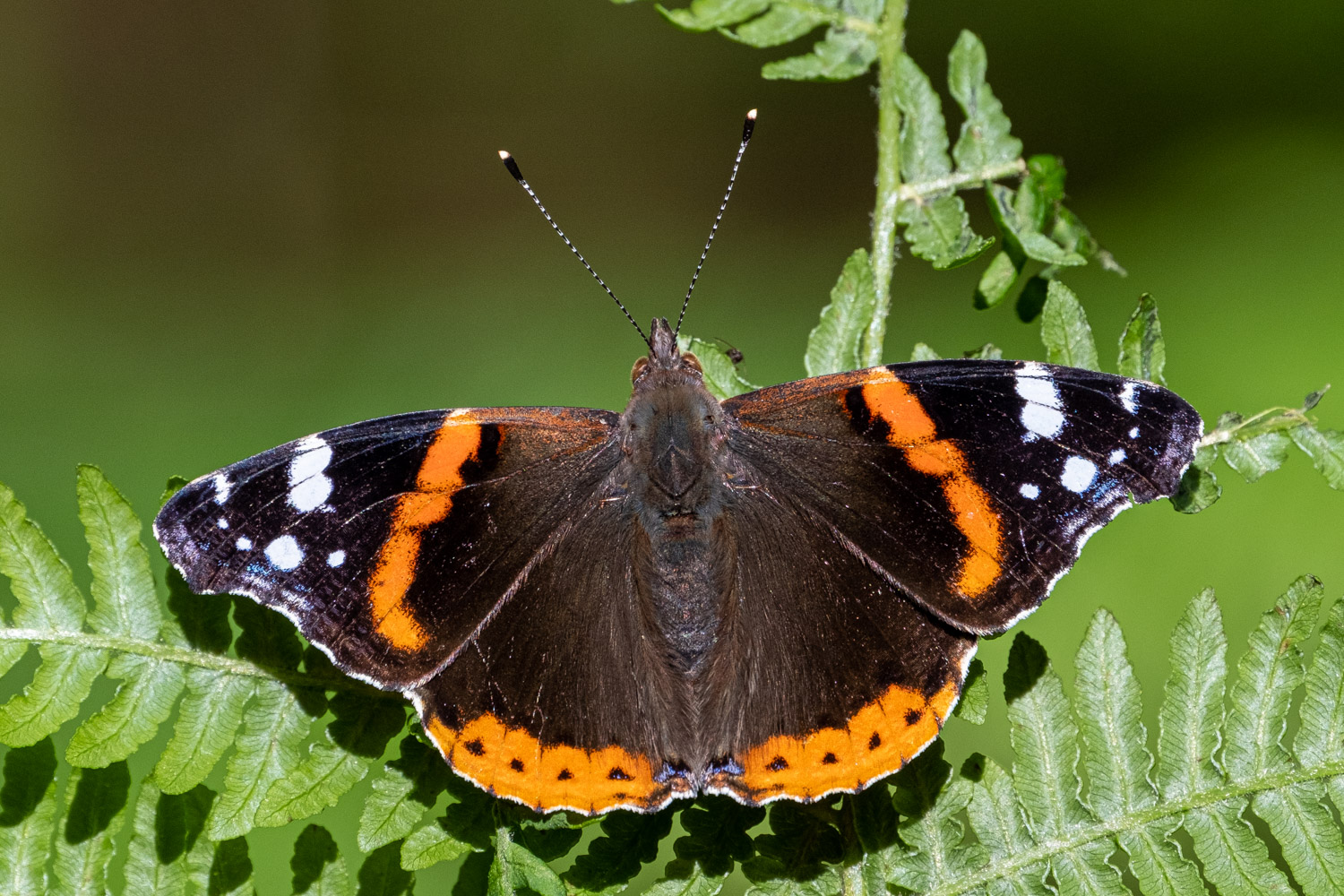How much is a Red Admiral worth? Of course, there is no right answer. Attempting to put a price on a Red Admiral, or any species, habitat or ecosystem is a way of squeezing nature into our current approach to economics. At least that is how it seems to an uneconomically minded ecologist like me!
Luckily, a new report1 by eminent economist and Cambridge Professor Sir Partha Dasgupta has set out a comprehensive rebuttal of the current global economic model. He has explained in no uncertain economic terms how the way we do business has failed nature and led to our current catastrophic global biodiversity crisis.
At a whopping 600 technical pages it is not a recommended bedtime page turner! But the 10 page headline summary is well worth reading, even if economics is not your thing.
At the heart of the argument put forward by Professor Dasgupta is the need to wave goodbye to Gross Domestic Product (GDP) as the single measure of economic wealth. GDP does have a place (“short-run macroeconomic analysis and management”), but it is merely a measure of financial activity which bears little relationship to the overall wealth of society.
An emphasis on GDP incorporates ‘produced capital’ (eg machines and buildings) and ‘human capital’ (eg knowledge and health) but takes no account of ‘natural capital’. Nature has zero value so destroying it has no cost. Intensive agriculture resulting in soil erosion or cutting down tropical forest to grow crops all add to GDP without any consideration of the destruction and degradation of the environment. Short-term financial gain over-rides the sustainable protection of wildlife. It is no wonder biodiversity is in crisis as economic activity and GDP grow. We have prospered immensely but at a devastating cost to nature.
Professor Dasgupta calls for a radical shake up and shift from GDP to a new metric called ‘inclusive wealth’. This brings nature into the economic equation. It does not seek to put a price on wildlife but recognizes that nature cannot be priced and ‘traded away’. At present, failing to recognize and value the importance of biodiversity means the demands we are currently placing on nature exceed the capacity for it to supply the services we depend on (eg pollination, food and clean air).
Fundamental to Professor Dasgupta’s approach is that we must see ourselves as ‘part of nature, not separate to it’. Only this way can we ensure there will be a truly sustainable planet fit for future generations. Mind you, as an ecologist this seems common sense and obvious to me!
Sceptics will recognize that previous reports have given similar messages. However, with greater recognition of the severity of the climate and biodiversity crises, surely this time the message will get cut-through with politicians and global leaders. Let’s hope so.
The forthcoming UN Biodiversity Conference (CoP15) is the moment the world must seize the opportunity to change. We still have time to turn things round. The way society has acted to tackle the coronavirus crisis shows that with political will and ingenuity we can tackle enormous challenges. We must now address the climate and biodiversity crises with the same degree of urgency before it is too late.
Professor Dasgupta has set out compelling economic arguments about the need to change. Let’s hope that global leaders are listening. Only a commitment to radical economic change will stop the current relentless decline of wildlife. Future generations deserve better so they can inherit a world worth living in.
Chris Corrigan
Ref: 1Dasgupta, P. (2021), The Economics of Biodiversity: The Dasgupta Review (London: HM Treasury)


